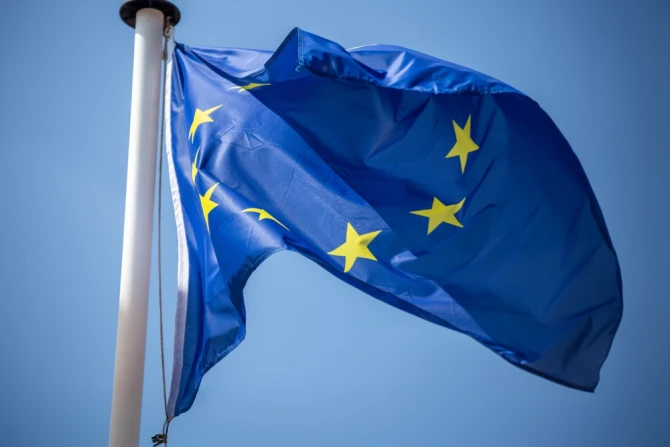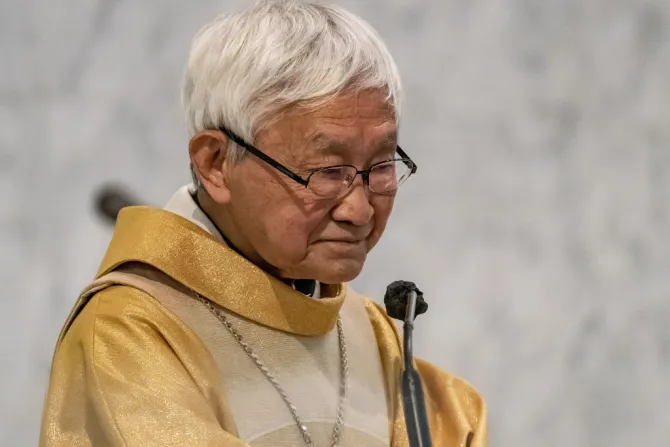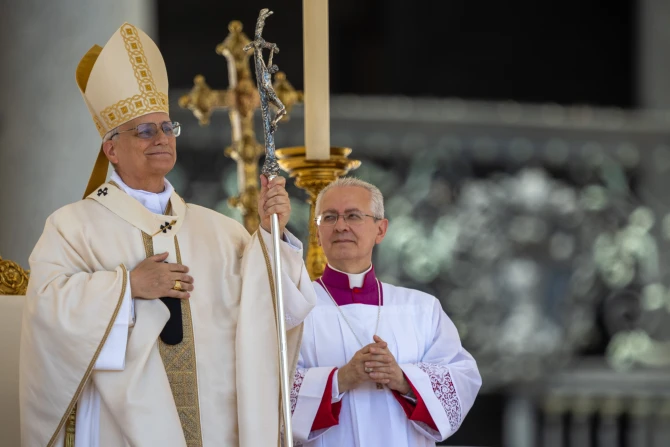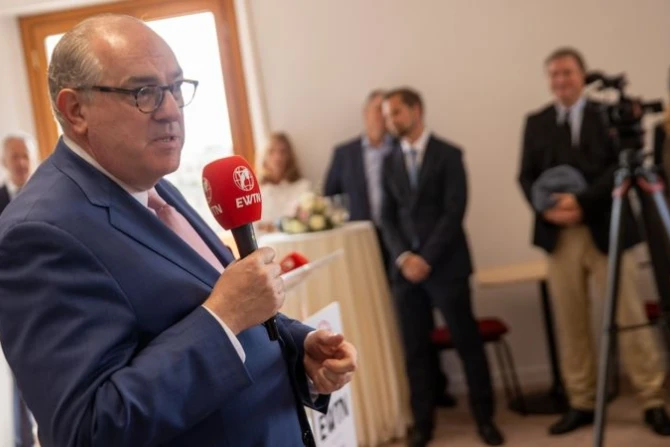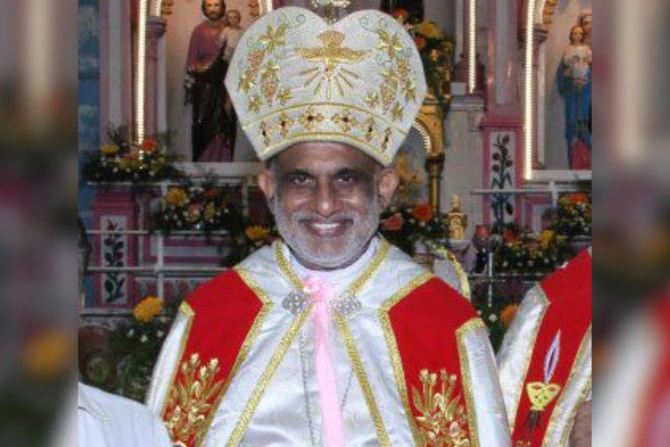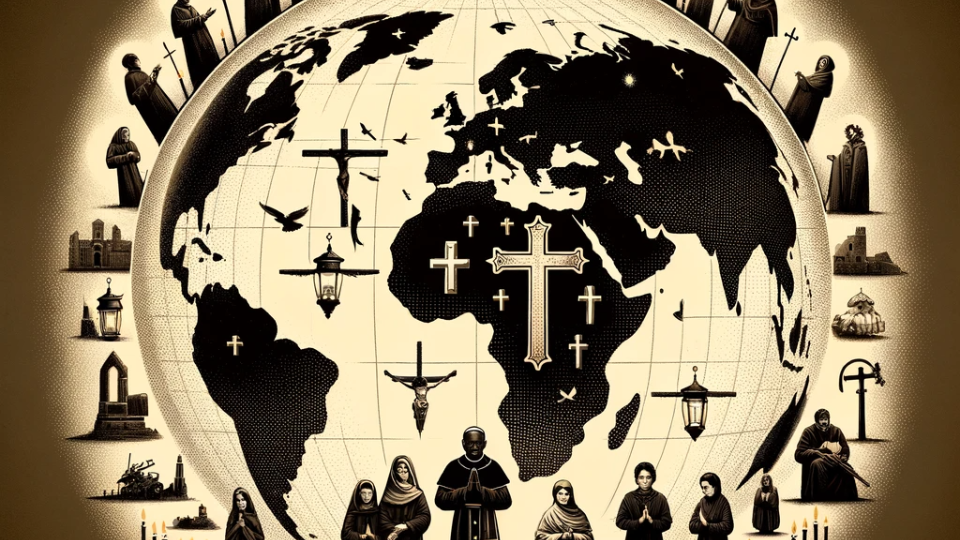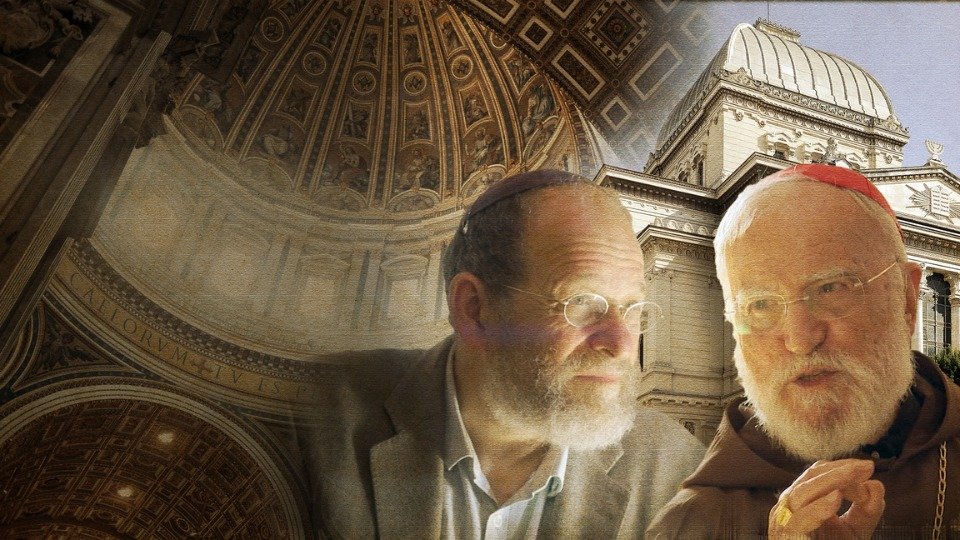The representatives of the Catholic bishops to the European Union reiterated their call for the bloc to act firmly against anti-Christian persecution around the world by reinstating the position of the special envoy for religious freedom.
At the conclusion of its autumn assembly, the Commission of Bishops’ Conferences of the European Union (COMECE, by its acronym) noted that “freedom of thought, conscience, and religion is an inalienable human right enshrined in Article 10 of the EU Charter of Fundamental Rights” that continues to be “seriously threatened in many regions of the world.”
In a statement, the bishops expressed their “growing dismay” at “the discrimination and persecution suffered by individuals, religious minorities, and faith communities — mostly Christian — who are “targeted for their beliefs.”
At the same time, COMECE recognized that the EU “has consistently affirmed its commitment to human rights as a central pillar of its external action.” However, it noted that “existing mechanisms are in themselves very valuable but lack the authority and visibility necessary to address this crisis with the necessary vigor and coherence.”
“The gravity of the situation demands a more firm, dedicated, and institutionalized response,” the bishops continued, maintaining that the EU “has a particular responsibility to defend these values beyond its borders.”
In this regard, they emphasized that “the position of EU special envoy for the promotion of freedom of religion or belief outside the EU was created in 2016 and has been instrumental in promoting this cause on the world stage.” They also emphasized that “having someone in this position improves the EU’s ability to monitor, report on, and respond effectively to violations of religious freedom around the world.”
Therefore, they warn: “We are deeply concerned that this important position has remained vacant for a prolonged period, which sends a worrying signal to persecuted communities around the world and to those who violate religious freedom with impunity.”
The prelates representing the Catholic Church in the countries of the European Union denounced that keeping the position vacant “suggests a diminishing priority of this fundamental right within EU foreign policy precisely at a time when its defense has become more urgent than ever.”
Consequently, the COMECE bishops urged the European Commission “to appoint a new EU special envoy without further delay, strengthening their mandate and allocating adequate human and financial resources to fulfill their mission.”
This is not the first time the position has become vacant since its creation in 2016. The first to fill the post was Slovakian Ján Figel, who served until 2019.
The position remained vacant for a year and a half until May 2021, when Cypriot Christos Stylianides was appointed. However, Stylianides left the post just six months later. Italian Mario Mauro was then proposed but did not receive sufficient support.
It wasn’t until December 2022 that the European Commission appointed Belgian Frans van Daele, whose term has now expired without the European Commission having proposed a replacement to date.
This story was first published by ACI Prensa, CNA’s Spanish-language news partner. It has been translated and adapted by CNA.

